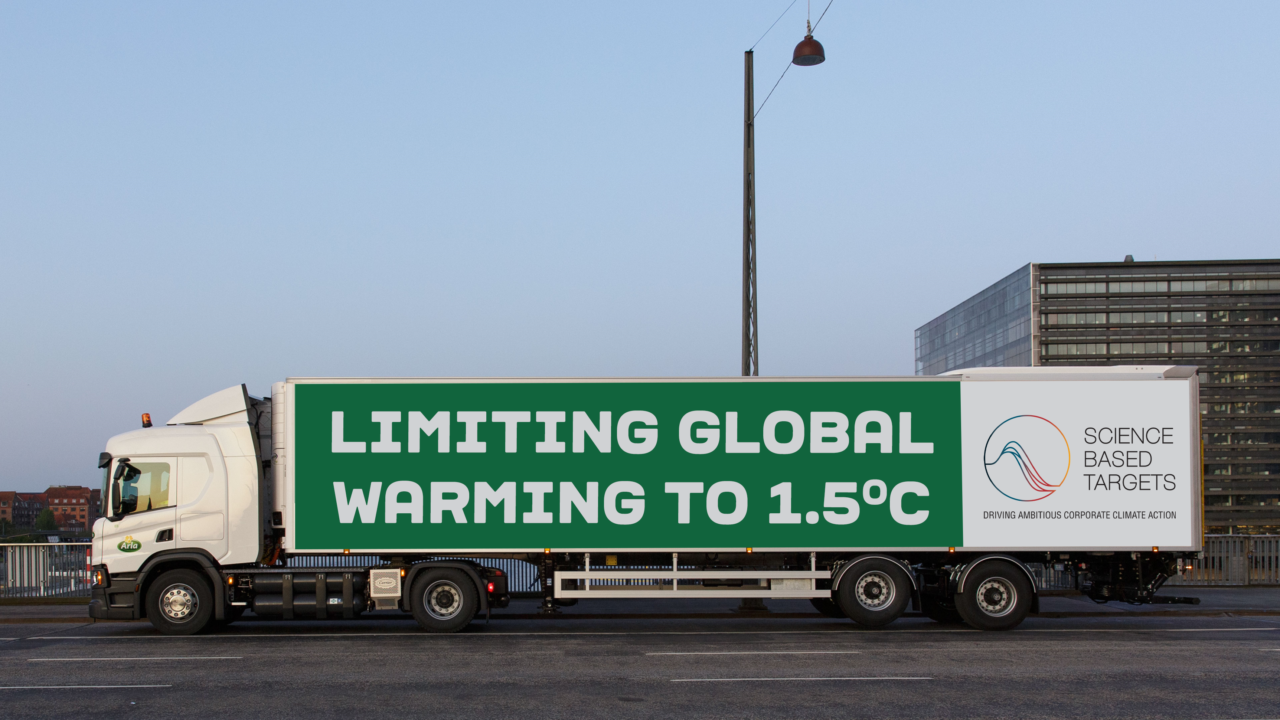The Danish multinational group said that the revised target is consistent with the reductions needed to keep global warming to 1.5°.
Between 2015 and 2020, Arla said it had reduced its operational emissions by 24%.Arla
After climate checks on almost 8,000 Arla farms aiming to accelerate decarbonisation at farm level, the company is now turning its attention to production and logistics to further combat climate change.Arla plans to convert its full fleet of milk tankers and distribution trucks to fossil free fuels.
The company also wants to use renewable electricity and low-energy solutions across its production sites and offices. The revised 2030 target has been approved by the Science Based Targets initiative (SBTi) as being consistent with keeping global warming to 1.5°; which is a key goal of the Paris Agreement. "Dairy is widely enjoyed across the world and demand continues to grow, not least because of its richness in protein and calcium, its versatility and affordability.Together with our farmer owners, we have a tremendous appetite for leading the decarbonisation of dairy, so that people can continue to trust and enjoy dairy products,” Peder Tuborgh, CEO at Arla Foods, said.Arla previously unveiled a five-year strategy for sustainable dairy production – FUTURE26 – aiming to increase its investments by more than 40% to €4 billion. This investment will focus on sustainability, digitalisation, new production technologies and product development, while also increasing its dividend to €1 billion to support its farmer owners on their “sustainability journey”.
On top of the company’s investments, Arla’s farmer owners will need to make significant investments to reduce the greenhouse gas (GHG) emissions at farm level.
Arla noted that its owners have a strong commitment to climate action which will require investment and changes of work practices. “We have ambitious plans for how to turn their actions into value for our customers and consumers and we will continue to share our data and knowledge with governments to show where their funding for the agricultural sector can have the greatest impact,” Tuborgh concluded.
